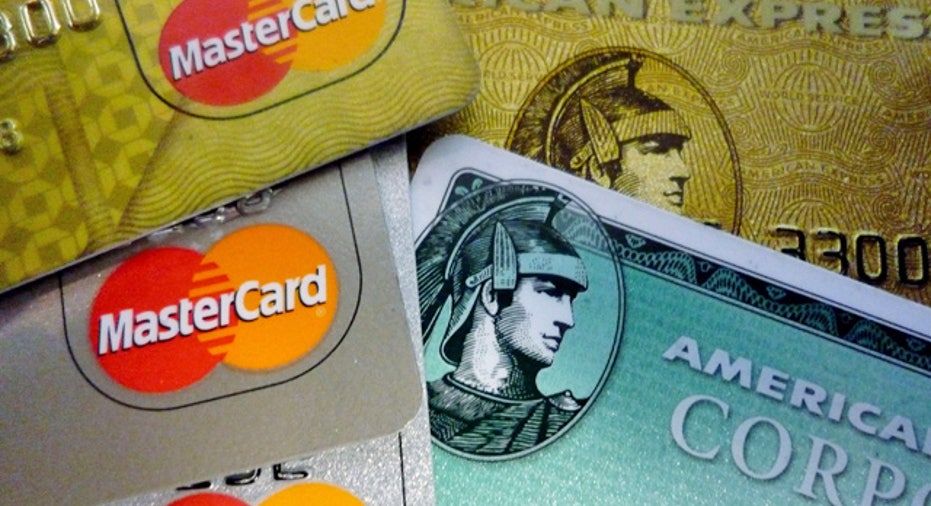Settle Debt for Less, Hurt Credit More?

Dear Debt Adviser, I have been working hard at paying off my debt to increase my credit score. If a company offers a settlement of, say, 50% of the original balance, will paying the lower amount damage my credit score? -- Gabe
Dear Gabe, You are on the right road, but watch out for detours on your trip to a better credit score. What may appear to be a shortcut to a better credit score is often a dead end requiring a lot of backtracking just to get back to where you started. This may be one of those turn-right-or-turn-left moments. Let's look at it more closely before you decide.
Depending on how the account in question is currently being reported on your credit report, there are some conditions that might make it OK to settle. Your credit score is one of many assessment tools used by many different companies and individuals to determine the risk of doing business with you. For scoring purposes, the majority of damage done in the scoring calculation occurs when an account goes unpaid. The longer the account is behind, the more damage to your score. Paying the account in full or as a settlement helps improve your credit score somewhat over time, but not in the same proportion as the damage done to your score when the account went unpaid. So, once the damage is done, just undoing it won't bring you back to where you started.
If your account is current, then settling the debt for less than the full balance would seriously damage your credit score. The reason is that you agreed to pay in full, and you did not -- effectively breaking the credit agreement and costing the lender money, which makes you a bad risk until proven otherwise.
However, it is very unlikely that a creditor would be willing to settle an account that is being paid as agreed. If, in fact, your account is already seriously past due, having the account being listed as "paid-settled" may actually marginally increase your credit score. The reason is that the account has gone from an "unpaid" listing to a "paid" listing.
But remember, there is more to a good credit score than minimizing negative items. When working to improve your credit score, part of your plan should be to add positive information to your report each month. Paying all unpaid accounts and catching up payments for past-due accounts is important, but having positive accounts with no negative history to drag them down also is important. Hopefully, you have other accounts, such as a mortgage and/or car loan, that have never been late and are being reported as paid each month. Adding a new revolving account or a passbook loan that you pay on time and as agreed each month also would help boost your score.
One other thing you should be thinking about is the process of loan underwriting, in which your credit score is used along with other factors to make a loan decision. You will want to be able to explain to a future potential lender, landlord or employer the circumstances surrounding the settlement. The story should be short and include why the account was settled and what steps you have taken to make sure the same situation won't happen again.
A final word of advice on settlements: Please avoid debt-settlement companies. If you must settle a debt, try to do it on your own. If you feel the need for professional help, get a qualified attorney to help you make the offer to the creditor. Attorneys have a strict code of ethics and have only your best interest at heart. I can't say the same for all debt-settlement companies.
Bankrate's content, including the guidance of its advice-and-expert columns and this website, is intended only to assist you with financial decisions. The content is broad in scope and does not consider your personal financial situation. Bankrate recommends that you seek the advice of advisers who are fully aware of your individual circumstances before making any final decisions or implementing any financial strategy. Please remember that your use of this website is governed by Bankrate's Terms of Use.



















